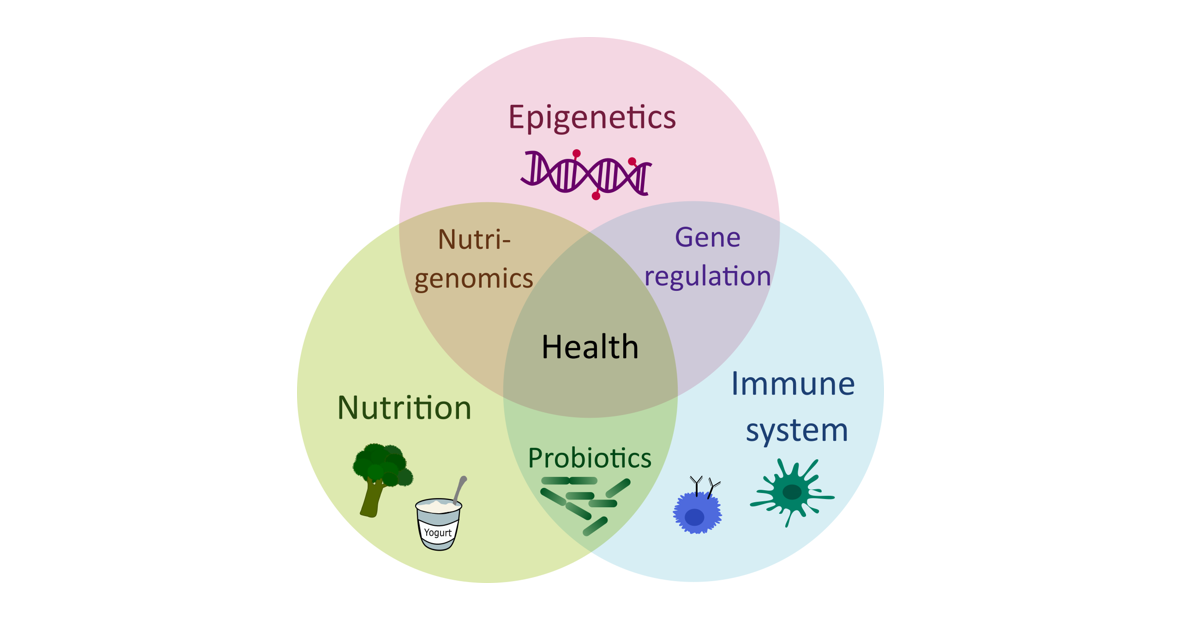Immunologically Relevant Aspects of Foods—Probiotics and Nutrigenomics
A special issue of Life (ISSN 2075-1729). This special issue belongs to the section "Physiology and Pathology".
Deadline for manuscript submissions: closed (30 May 2024) | Viewed by 3760

Special Issue Editor
Special Issue Information
Dear Colleagues,
Adequate nutrition is essential during the course of our lives and it impacts us even before we are born. By now, it is well known that the diets of parents and even the grandparents leave an epigenetic imprint on the offspring, which can have long-lasting effects on health. Many food compounds, for instance, folic acid and vitamin B12, have a direct influence on epigenetic mechanisms, in particular, DNA methylation, and have been shown to affect the immune response. Whereas poor nutrition and nutrient deficiency have harmful effects on immune function, some specific food compounds exhibit important functions as modulators of health.
Through understanding the mechanisms of interaction between nutrients, the immune system, health, and disease prevention approaches could be optimized.
In this Special Issue of Life, we encourage researchers to explore the role of diet, especially its immunologically relevant components such as probiotics, in modulating gene expression and epigenetics.
Dr. Berit Hippe
Guest Editor
Manuscript Submission Information
Manuscripts should be submitted online at www.mdpi.com by registering and logging in to this website. Once you are registered, click here to go to the submission form. Manuscripts can be submitted until the deadline. All submissions that pass pre-check are peer-reviewed. Accepted papers will be published continuously in the journal (as soon as accepted) and will be listed together on the special issue website. Research articles, review articles as well as short communications are invited. For planned papers, a title and short abstract (about 100 words) can be sent to the Editorial Office for announcement on this website.
Submitted manuscripts should not have been published previously, nor be under consideration for publication elsewhere (except conference proceedings papers). All manuscripts are thoroughly refereed through a single-blind peer-review process. A guide for authors and other relevant information for submission of manuscripts is available on the Instructions for Authors page. Life is an international peer-reviewed open access monthly journal published by MDPI.
Please visit the Instructions for Authors page before submitting a manuscript. The Article Processing Charge (APC) for publication in this open access journal is 2600 CHF (Swiss Francs). Submitted papers should be well formatted and use good English. Authors may use MDPI's English editing service prior to publication or during author revisions.
Keywords
- probiotics
- prebiotics
- nutrigenomics
- epigenetics
- microRNA
- DNA methylation
- diet
- nutrients
- functional foods
- immune system
- immune modulators






